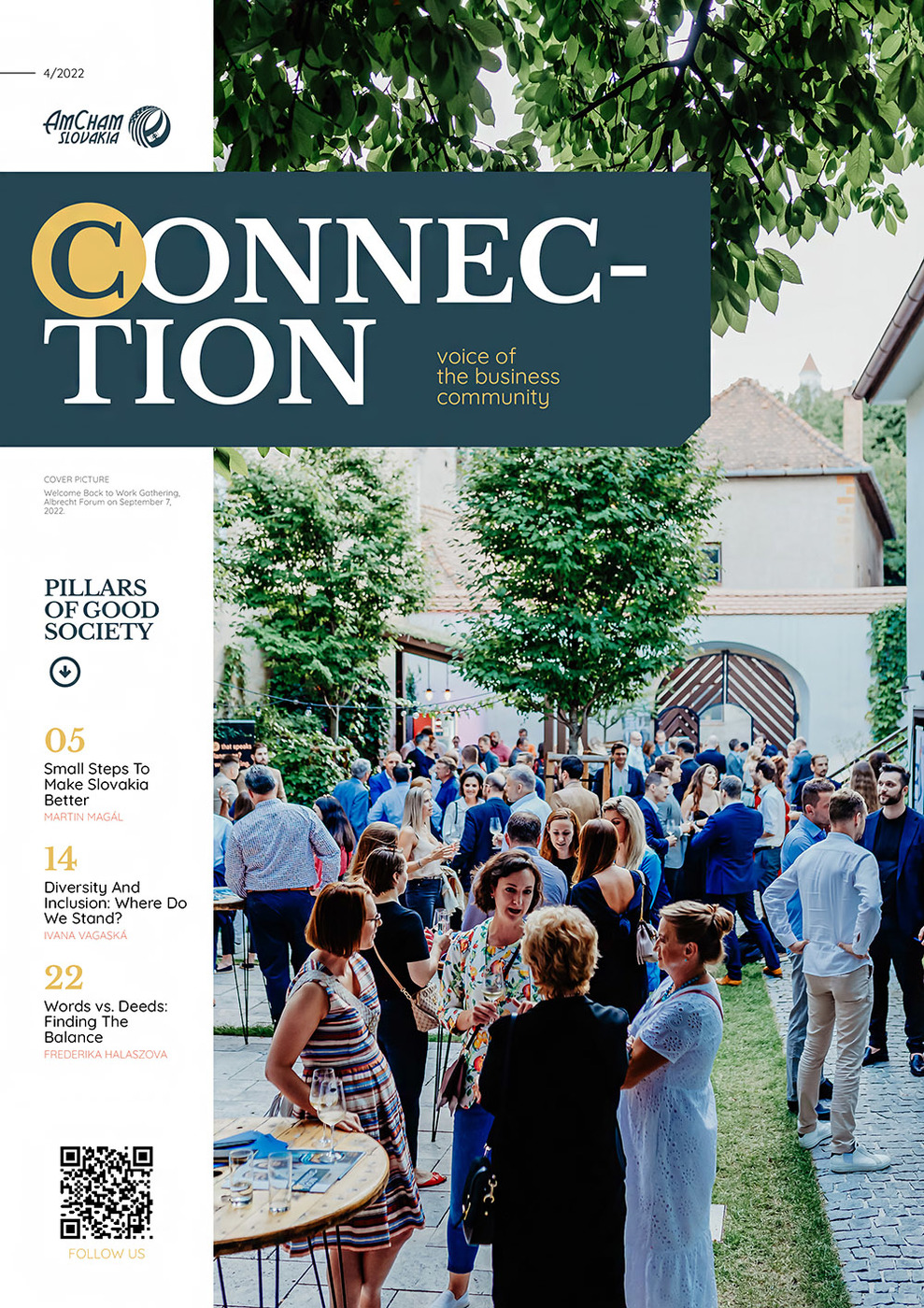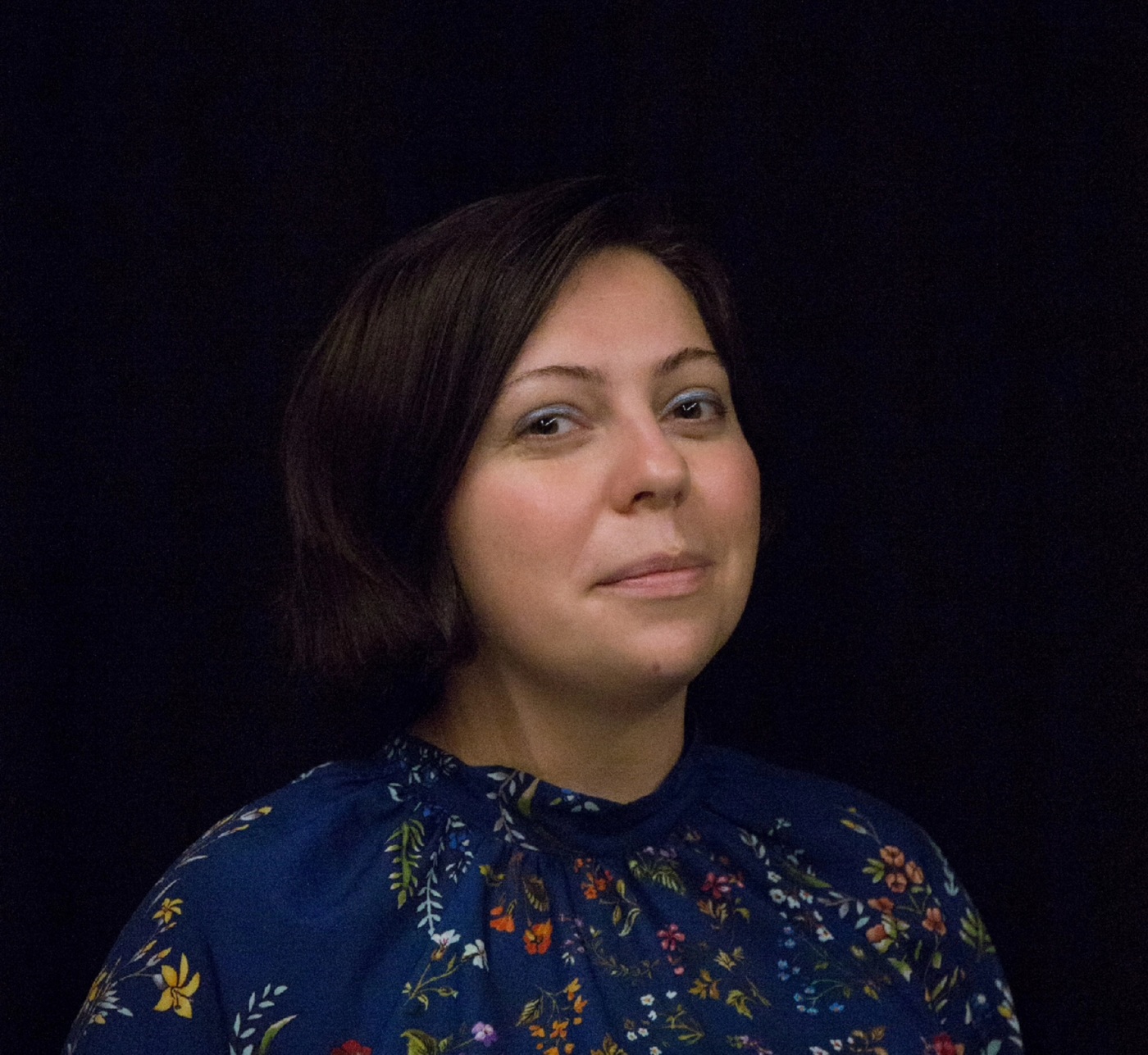A substantial growth in the number of the foreign-born population happened due to the unprovoked invasion of Russia to Ukraine, causing an unprecedented influx of refugees from Ukraine to Slovakia. Over the course of four months, more than 84 thousand people requested temporary protection.
Despite increasing diversity in the society, a narrative of Slovakia being the country of Slovaks (and that it should remain so) and feeling good only among Slovaks is supported by the majority of inhabitants – much more than in the first decade of the 21st century4. One of the characteristics of the (cultural) diversity in Slovakia has so far been a particular “invisibility” of the foreign-born population. In practice, the lives of foreign-born people and the majority population have largely functioned separately, as if parallel to each other. There haven´t been regular and intensive contacts in general.
The coexistence could be characterized by stating that we knew about each other but did not know each other well. This is also supported by the findings from CVEK research in 2020. In comparison to the results of the IOM research from 2009 and notwithstanding the growth of the size of the foreign-born population in Slovakia, there wasn´t a substantial increase in contacts of respondents with foreigners – just a slight one when considering working spaces and neighborhoods5.
Therefore, 2022 has been a breakthrough year – the (language) diversity – more heard than seen in the society has significantly increased, together with more intensive contacts among people with diverse backgrounds and a quite positive approach within the political and public discourse declared towards people fleeing from Ukraine. Yet, if we look at the patterns of the past, the current wave of solidarity may not be at all applicable to people of non-Ukrainian origin.
 In Bratislava foreign-born people constitute currently more than 10% of the inhabitants; in some city districts the ratio might reach 20%. From a national perspective, almost one third of all foreign-born men and women live in Bratislava.
In Bratislava foreign-born people constitute currently more than 10% of the inhabitants; in some city districts the ratio might reach 20%. From a national perspective, almost one third of all foreign-born men and women live in Bratislava.
Although there have been various initiatives related to the support of foreign-born population at the local level before, in the past months the City of Bratislava has embraced the topic of inclusion and diversity management from a more complex perspective. Foreigners have been included in the strategic documents adopted by the city council (Plan Bratislava 2030, Decade for Culture 2030 etc.), the city’s website in English has been introduced, the city has joined the International Cities of Refuge Network (ICORN) committing itself to provide shelter for a persecuted author/artist, an Assistance center for people fleeing Ukraine has been established, the project funded by UNICEF has been addressing the topic of education of children of foreigners, and the position of coordinator of integration of foreigners has been created. Moreover, the Bratislava Municipal Library has added literature in the Ukrainian language to the library’s collection, has organized Slovak language classes for children and has provided free access to its premises for people granted temporary protection similarly to the Bratislava City Museum and the Bratislava City Gallery.
The current focus of the city on crisis solutions is slowly shifting towards development of mid-term to long-term interventions. Assistance center (ACP) was established by the City of Bratislava in March 2022 in response to the growing number of people fleeing Ukraine, with the goal of providing quality services in one place - temporary protection, financial assistance, accommodation, and access to basic legal, psychological, and social counseling. As demand for other services has risen, job counseling, language courses and community spaces and activities have been introduced. Until the end of August 2022, we have provided services to more than 73 thousand people. ACP is a unique collaboration of local government, state authorities, international organizations, private sector and NGOs, where active city inhabitants have played a crucial role as volunteers. Deriving from the best practices from abroad, such centers might focus on broad foreign population and provide various integration services.
A second example of current interventions, originally rooted in addressing the insufficient capacity of educational institutions, emphasizes the need for a comprehensive educational plan on various levels for children of foreigners. There are morning play groups being established in Leisure time centers (CVČ) for 4-7 years old children, leisure time activities offered also for foreign-born children and youth, Slovak language courses organized for youth with temporary protection and continuous support for schools is planned.
The City of Bratislava signed the Diversity Charter a couple of years ago and has approached the topic more systematically since then. Considering systematic support of diversity and inclusion as fundamental pillars of good society, on the local level we must strive to implement and anchor the declared values also in practice. Empirical evidence supports the existence of a “virtuous circle, in which more-inclusive integration policies relate to positive public opinion on immigrants, which in turn can lead to even more inclusive integration policies“, not forgetting the potential for a vicious circle as “integration policies and public opinion continuously influence each other”6. In terms of the attitudes of the majority as well as the need for comprehensive participatory approach to services provided to all foreign-born inhabitants, there is a strong need for local inclusive integration policy. This proves to be the next natural step.
****
ÚHCP, 2002. Legálna a nelegálna migrácia v Slovenskej republike.
ÚHCP, 2012. Štatistický prehľad legálnej a nelegálnej migrácie v Slovenskej republike.
ÚHCP, 2012. Štatistický prehľad legálnej a nelegálnej migrácie v Slovenskej republike.
CVEK, 2021. Slovensko a migrácia. Hľadanie ciest k spolužitiu.
Ibid.
European Social Survey ERIC, 2017. Attitudes towards immigration in Europe: myths and realities.
Nina Spišiak, Coordinator of the Integration of Foreigners, Bratislava City Hall, the Capital City of Slovakia



Follow us